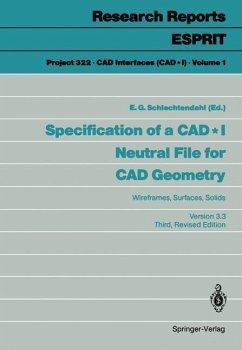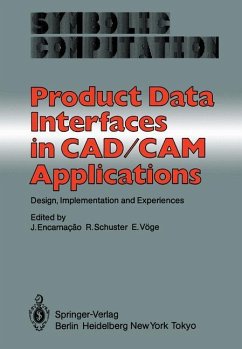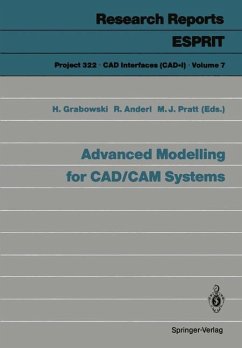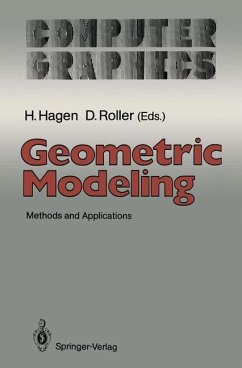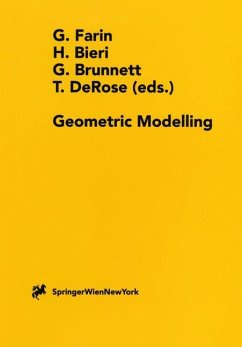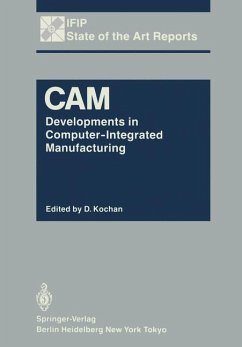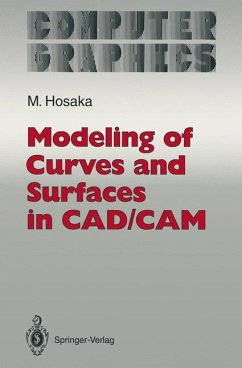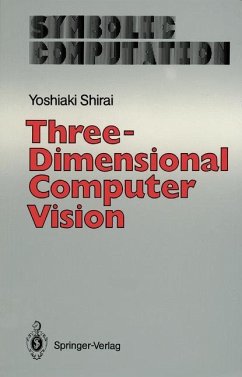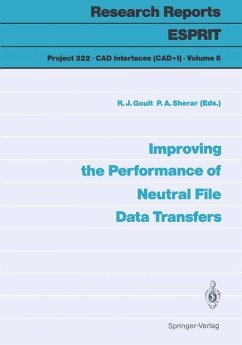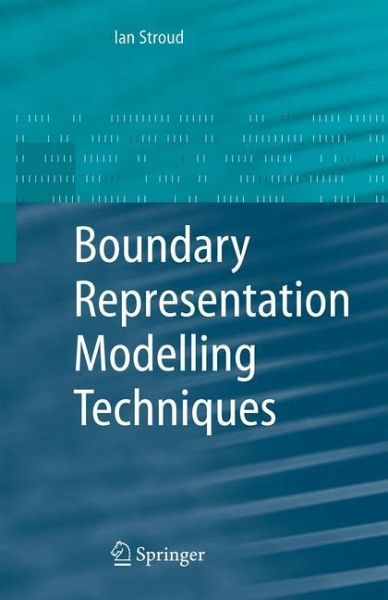
Boundary Representation Modelling Techniques
Versandkostenfrei!
Versandfertig in 6-10 Tagen
250,99 €
inkl. MwSt.

PAYBACK Punkte
125 °P sammeln!
Boundary representation is the principal solid modelling method used in modern CAD/CAM systems. There have been a long series of developments on which currently available systems are based, full details of which are only partially known. Ian Stroud's thorough coverage of these developments puts this technology in perspective. It includes:data structures algorithms and other related techniques including non-manifold modellingproduct modelling graphics disc files and data exchangesome applications related topics.A basic knowledge of the technique will make it easier to use kernel modelling packa...
Boundary representation is the principal solid modelling method used in modern CAD/CAM systems. There have been a long series of developments on which currently available systems are based, full details of which are only partially known. Ian Stroud's thorough coverage of these developments puts this technology in perspective. It includes:
data structures algorithms and other related techniques including non-manifold modellingproduct modelling graphics disc files and data exchangesome applications related topics.
A basic knowledge of the technique will make it easier to use kernel modelling packages for application developments.
Ian Stroud started working with boundary representation solid modelling in 1977. Since then he has researched and is researching a wide variety of topics in and around this field. The information in the book comes from the results of this research.
data structures algorithms and other related techniques including non-manifold modellingproduct modelling graphics disc files and data exchangesome applications related topics.
A basic knowledge of the technique will make it easier to use kernel modelling packages for application developments.
Ian Stroud started working with boundary representation solid modelling in 1977. Since then he has researched and is researching a wide variety of topics in and around this field. The information in the book comes from the results of this research.



